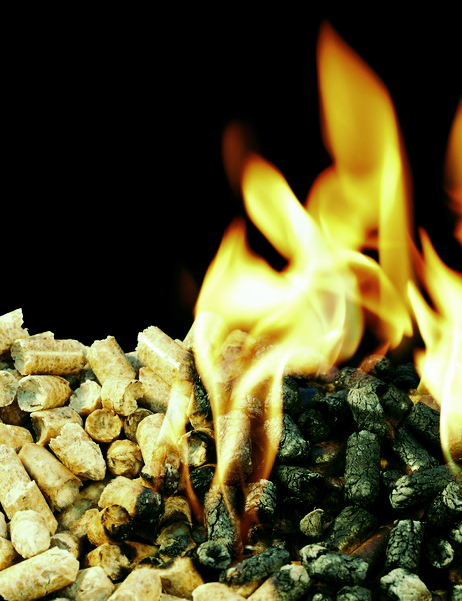Biofuel buffs call for government support
 This year’s Bioenergy Australia conference in Tasmania has been used to call for state and federal government help to improve the industry.
This year’s Bioenergy Australia conference in Tasmania has been used to call for state and federal government help to improve the industry.
Biofuel manufacturers say their industry is missing out in move to improve Australian energy systems, and that it has plenty more to offer.
“There's no active policy to actually support biofuels,” said Biofuel Association of Australia spokesperson Gavin Hughes
“We need stability of policy and we definitely need support. This industry has not got off the ground in any jurisdiction around the world without active government support.”
One of the most prominent ideas for biofuel in Australia is to process wood into high-density pellets for fireplaces.
Proponents say that pellets can replace gas currently used for heating houses, water, swimming pools and greenhouses.
One of the calls made at the conference was for governments to subsidise technology such as wood pellet heaters.
The companies trying to expand their operations say most of their wood is waste from sawmills and other producers that would otherwise go into landfill
But there is some concern that if the industry gets too big, it will look to native forests for new supplies.
At the same conference, the University of Tasmania announced a new research facility specifically aimed at developing new designs for wood heaters to meet renewable energy targets using recycled forest fuel.
Researcher Philip Peck from Lund University in Sweden told the conference that there is significant potential in bioenergy.
“You have a need for heat or for energy, you have the resources at hand and there's good economics,” he said.
“There there's a huge opportunity in Australia. Rural communities, food processing industries or the forestry industries, [such as] timber drying.
“Very often, food industries and others [will build] upon those systems and they become more hybrid systems that deliver useful heat or electricity or gas... for transportation and industrial heat.
“The science, the technologies are there, all over the place, and improving.”
Mr Peck said some European towns run entirely on bioenergy systems.








 Print
Print